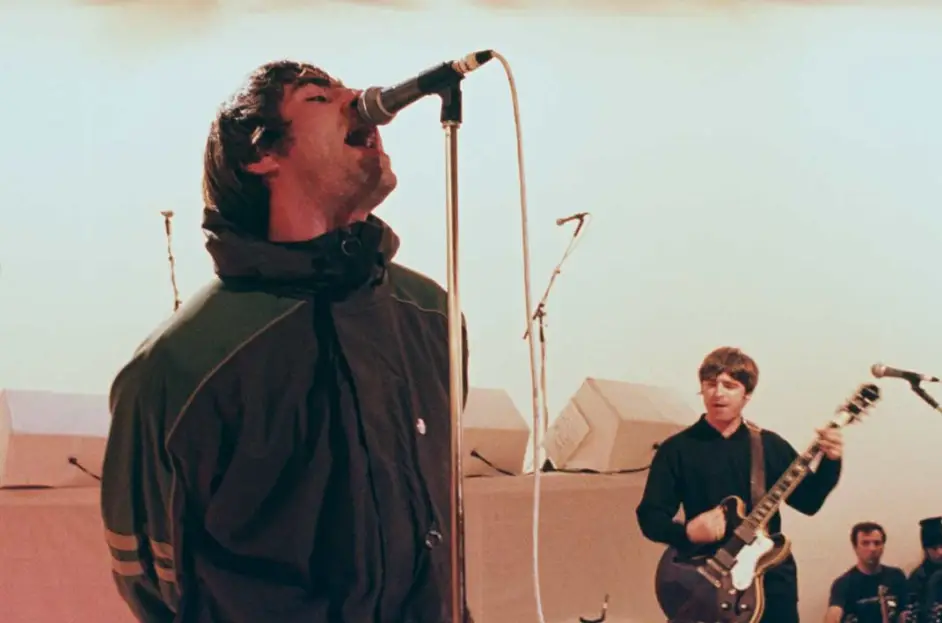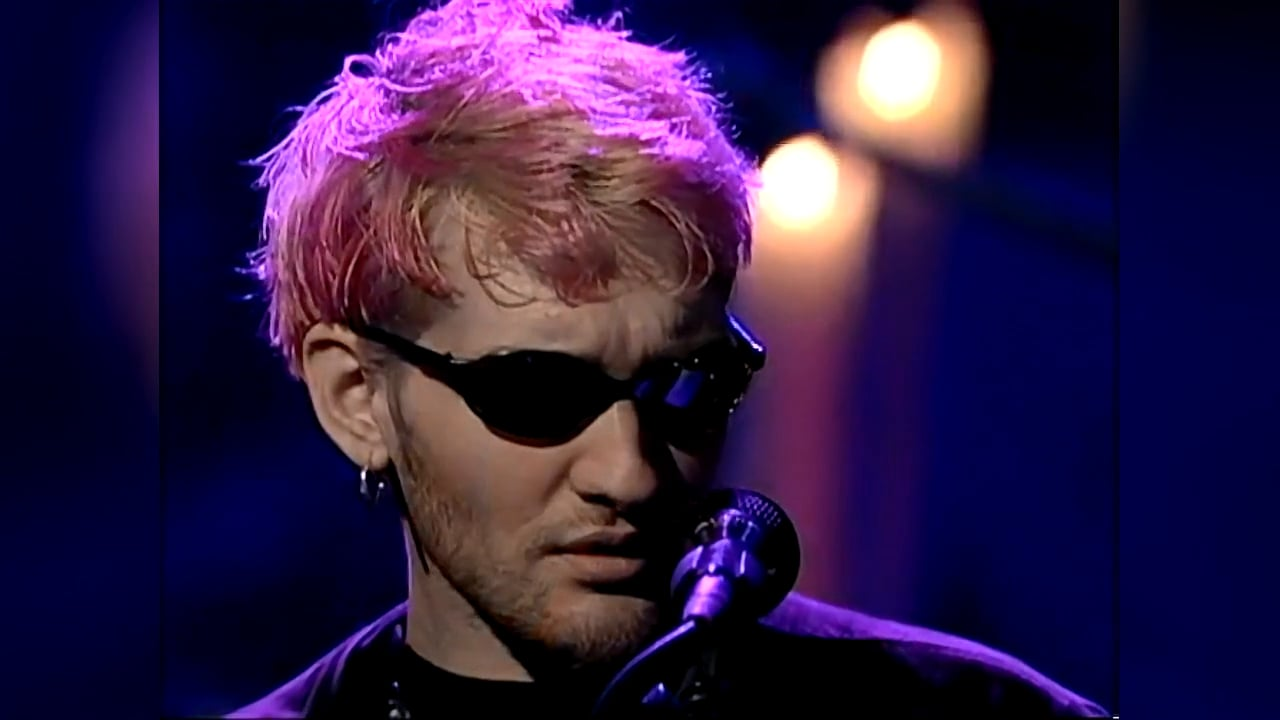My Top 10 Movies of the 21st Century
These were all the rage two months ago, and I had meant to do my part. But I totally forgot about it what with kids on summer break and all. Erik’s recent post reminded me that the New York Times feature taking stock and weighing in on the best in cinema so far this century is definitely worth perusing.
I’ve spent
much of this century in Switzerland, where going to the cinema is ridiculously
expensive, and one’s window for catching the non-dubbed version of any
non-blockbuster film is very short. The two kids arrived right in the middle of this
time period which inherently makes seeing the latest releases a challenge.
Getting a babysitter adds to the cost, and if I’m going to go to that much
expense and hassle, I want to do something with my wife that involves us being
able to talk without little ones interrupting. So my intake has been far lower
over the last 15 years than it was at the outset of the century when I was a
burgeoning movie blogger.
They are asking for the “best” but I will adapt that slightly to consider “my
best.” What are the films that I’ve gone back to and reflected upon repeatedly, even if I didn’t
give them an absolute 10/10? We had an incredible era of film in the 1970s
(stretch this into the late 60s and it gets even stronger). And a renaissance
in the 1990s for both big studio endeavors and independent gems.
But has
there been that much over the last 25 years? Has anyone even really tried that
hard since The Matrix? (Released in 1999 for the record.) The answer is yes,
and I had a surprisingly hard time to cut this down to 10. But I also didn’t
have more than 20 true contenders.
If we were
to extend the period back to include the 90s, only two of the below movies
would even stand a chance at making the cut. A bit damning given the
150% larger window of years. Or maybe there are more gems there yet to be discovered.
I’m going to rank mine because why not? Always subject to change as I mature.
- There Will Be Blood (3rd on the NYT list) – A long time ago, I stated 2007 was a year to be cherished in film, and I still hadn’t seen some of the best ones at that moment. Having caught up with more, it only reinforced that lofty opinion. No matter how many times I watch There Will Be Blood, it remains a visceral thrill. The story, the acting, the set pieces and cinematography, the power this movie has is unmatched this century. For now, it's the last great American film.
- Mullholland Dr. (2nd) – Probably on most people’s lists, it's here for the emotional gravity it has throughout, sometimes subtle and beneath the surface, at other times raging. There is high compassion for Betty throughout this nightmare. Lynch never got so human, not even with The Straight Story. Imminently rewatchable.
- The Pianist (nr) – My dad, a holocaust survivor himself, said that this was the only film he saw that came close to what the real experience was like. Unlike others on this list, it’s not one I can revisit too often because of how heavy the topic is. The masterful way the disbelief turns to tragedy highly resonates today in so many ways.
- Ratatouille (73rd) – Few people have this as their favorite Pixar, but it is their best story, and an utter joy to watch every time. That my children have also gravitated to this as their most beloved cartoon has certainly helped.
- Brokeback Mountain (17th) – There’s a meta allegory here about the lack of acceptance and preferring mediocrity. It’s not the biggest crime in Oscar history that Crash (nr, duh!) nabbed Best Picture, though that mistake is certainly on the list of nominees. But it’s also not the reason I list it. There are many indelible moments, but that last scene is as heart-breaking as they come.
- The Fellowship of the Ring (87th) – I will never forget the experience of seeing this film when it came out. Nobody had made a movie like this before. While George Lucas was playing with digital techniques on Star Wars prequels with hackneyed storylines, this was the movie that changed cinema. Perhaps it changed it for the worse, but at the time it was remarkable. It showed that epics can still exist, but also built characters worth caring about.
- The Grand Budapest Hotel (22 nd) – My favorite Wes Anderson movie is still Rushmore, but this is the clear #2. Between his best executed set of matryoshka nesting dolls, and a loving gaze given to these extremely invented characters, even the hotel itself, it’s a joyful experience.
- Bridesmaids (32 nd) –Most comedies this century have been winky clown shows that go for the quick joke at the expense of the hilarious one. In truth, Borat (53rd) was considered for my list, but its hilarity is ephemeral. 21st century jokes are there to shock and move along. Bridesmaids was a comedy we didn’t know we needed, and didn’t realize was even achievable. A throwback to comedies that we could watch over and over again because the awkwardness of the situations for the characters we care about create a nervous tension that delivers payloads of laughs. But also has us rooting for them.
- Volver (80th) – I’ve seen nearly all of Almodóvar’s films, and even his weakest are very good. But this is his best. Its insight into the relationships between mother and daughter is what makes it so powerful. The compelling plot is a bonus. From a personal standpoint, it was hard to leave El Secreto de Sus Ojos off this list as a different Spanish-language film integral to my time in Argentina, but Volver has greater depth.
- Ex Machina (nr) – Gosh it was a tough choice between this and Under the Skin (69th). In the end, it was the more lively of the two, and more relevant to where we’re heading. I guess this is a horror movie? I wonder how we’ll view it 30 years from now…
The Wrestler (nr)
Spirited Away (9th)
Under the Skin (69th)
Roma (46th)
Almost Famous (47th)
Blade Runner: 2049 (nr)
El Secreto de Sus Ojos (nr)
High Fidelity (nr)
The Revenant (nr)























